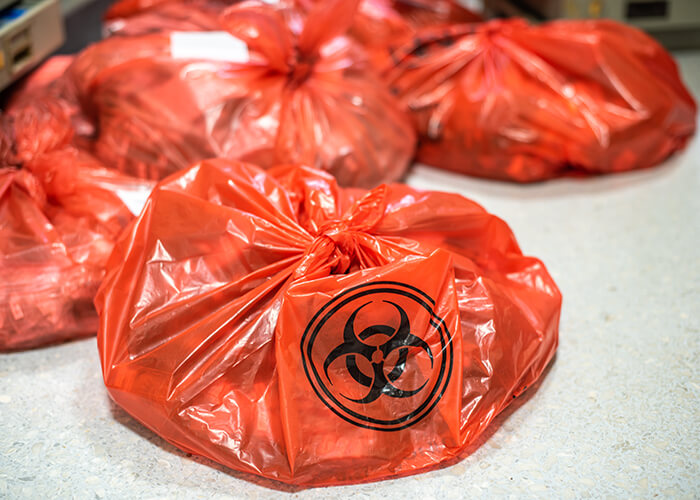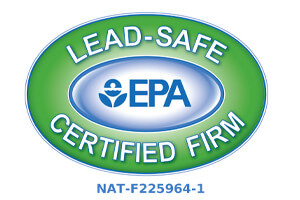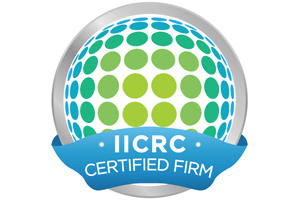
Over the last year, Arizona has experienced a bad outbreak of the Hepatitis A virus. Like many other places throughout the country, the disease has especially affected those who are experiencing homelessness and don’t have good access to sanitary facilities to use the restroom or wash their hands.
What is Hepatitis A?
Hepatitis A is a virus that inflames the liver and is highly contagious. Present in the feces of those infected, it can be spread by eating contaminated food and drinking water, through sexual intercourse, and by sharing personal items such as drug paraphernalia.
With a long incubation period of 15-50 days, it takes quite a while for people to realize they are sick – a time when they can spread the disease unknowingly as they are contagious for two weeks before symptoms show and for two weeks afterward. While not everyone who has Hepatitis A shows signs of the disease, most people do and symptoms include:
- Fever
- Nausea and/or vomiting
- Tiredness
- Abdominal pain, especially in the area of the liver
- Dark colored urine
- Loss of appetite
- Yellowing of the eyes and skin (jaundice)
- Clay-colored feces
Once symptoms do appear, individuals feel sick for around two months with some people being ill for as long as six months. Once a person recovers from the disease, though, they have developed the antibodies which protect them in the future.
There is no treatment for Hepatitis A – just rest, good nutrition, lots of fluids, and medical monitoring. Out of the 599 cases reported in Arizona in the recent outbreak, 80% of the patients required hospital stays and 8 people died.
How do you prevent it?
The best Hepatitis A prevention is getting vaccinated against the disease and washing your hands thoroughly and often after using the restroom, before eating or preparing food, avoiding sexual intercourse with any infected person, and not sharing personal hygiene products, towels, food, drinks, utensils, cigarettes, or drug paraphernalia with other people.
If you are a member of a population at high risk of contracting Hepatitis A (people who are homeless, users of illicit drugs, or people who have recently been incarcerated) or work with such populations (including childcare workers), vaccination is an important step to take. The more people who are vaccinated against the disease, the better off everyone will be.
Why is it a problem among the homeless?
For those people experiencing homelessness, good sanitation poses a problem. With no sanitary facilities and restrooms in short supply (if they exist at all), it’s hard to wash your hands after going to the restroom and with homeless encampments set up along ditches or sidewalks, contaminated feces can exist in the same area people eat and drink. For those experiencing homelessness and drug use, their risk of contracting Hepatitis A is particularly high due to sharing drug paraphernalia and unsanitary needles.
If a person is at risk for Hepatitis A through being homeless or uses illegal drugs, they should have the vaccine in order to prevent the disease. Not only are homeless people at greater risk of contracting the illness, but cases of Hepatitis A tend to be more severe as well.
What is being done?
Though the Hepatis A Vaccine is now regularly given to children as young as one year of age, that only started here in Arizona in the mid 1990s and anyone older than that has not been given the vaccine as a matter of course. The vaccine consists of two doses being given six months apart and is vital to preventing disease in at-risk populations.
For anyone in the high-risk groups (people who have been recently incarcerated, are homeless, or are using illicit drugs), they can obtain a free vaccination from a local public health clinic. Public health workers have also been working on going out to the camps and where people hang out to vaccinate those at high risk to make it even easier to become vaccinated and prevent future outbreaks.
Unlike Hepatitis types B & C, you do recover from type A. You don’t have it for the rest of your life and if you do contract the virus, you are now immune and don’t need the vaccination.







